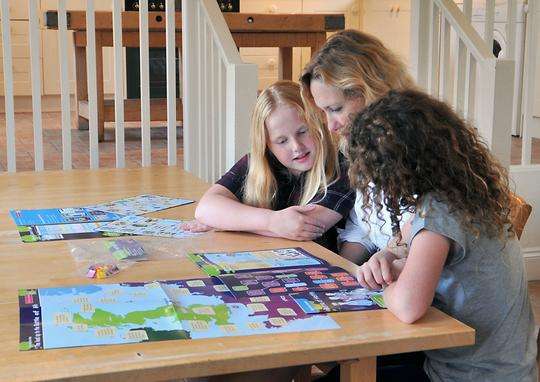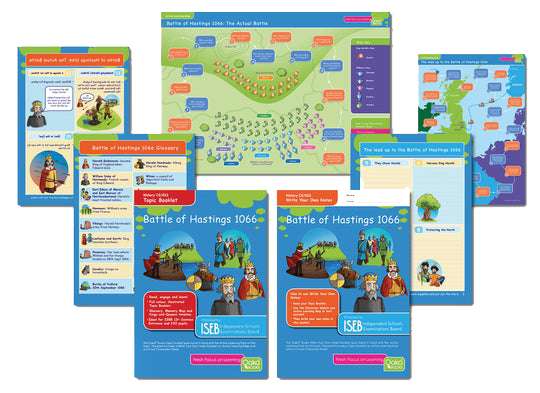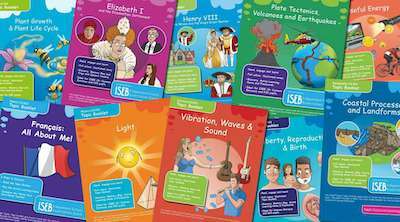Common Entrance (CE) is the name given to the set of exams usually taken at age 11yrs (for girls) and age 13yrs (for boys or co-ed). The exams are set by the ISEB (Independent Schools Examinations Board) but each paper is marked by the school your child is hoping to go on to. This gives the school the ability to mark the paper in accordance with their specific requirements so there is no ‘set’ pass or fail; it is up to each school to set their grade boundaries.
The pressure of Common Entrance exams can seem to permeate the whole family at times. The reality is that your child can only do his or her best and their Prep school will have made every effort to ensure success. Let’s face it, it does not reflect well on them if their pupils fail! By the time your child sits their CE exams, they will (in most cases) be aiming for a public school suited to their academic potential. Successful school choices are all about putting round pegs in round wholes.
All exams seem scary and take a lot of work and revision beforehand, but, in general, the results reflect the effort! Common Entrance exams are no exception. As well as being the gateway into your choice of school, they also give pupils a real feel for exams before they reach GCSEs. Passing the Common Entrance exams gives your child a great feel of achievement. They can set off to their next school with a new found confidence they may have never had. It is something of a ‘right of passage’ for Prep school pupils.
Although pupils are expected to work hard and pass their Common Entrance exams, the reality is that the school they are applying for will, most likely, have already decided to accept them (bar any real calamities). The exams then give the school a feel for where each pupil will sit in terms of ability. So, although important, the reality is that the exams are rarely do or die.
Many pupils and their parents may refute this during the dreaded Year 8, but there are benefits to doing a common entrance exam. Firstly, it makes children aware of exam environments, all the dos and don’ts when in that situation. This is great for your children before they start their GSCEs , as some of the rules can make a difference between failing an exam and passing. They learn how to cope with exam pressure; children who don’t go through CE will sit their first important exams at GCSE. Not a brilliant time to assess how you cope. Some panic and others are calm and confident before they go in. Understanding how your child copes with the exam process can be hugely beneficial when it comes to GCSEs and even A levels.
Another great benefit of the common entrance is understanding revision technique as every child has a different style of revising. By doing Common Entrance exams they can learn the style that is best for them and works most effectively. Even though Common Entrance exams are still important, your child’s GSCE’s and A levels are far more so and, if they have managed to understand the right revision style for them before these all important exams, then the Common Entrance exams will have really helped them out.
Revision might not be your top choice of family activity but it is a good chance for parents and children to work together. By revising together you will form a fantastic ‘in it together’ bond and learn a bit more about how your child’s brain works and how you can help them in the future when it comes to their school work. This is especially true for children who find their school work challenging. The guidance they receive at home really can make the difference for them. Using resources that make revision fun and engaging will obviously make this a more enjoyable process for all.
Finally, it is a great for them to see early on how putting the effort into revising and working hard for their Common Entrance exams can achieve great, and often surprising, results. The confidence gained from working hard and achieving at a relatively young age is a life skill that could benefit all children.





